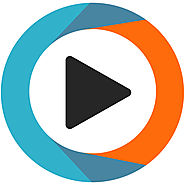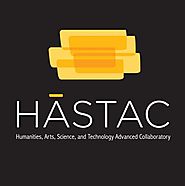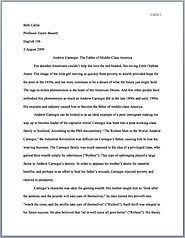-
About
- About Listly
- Community & Support
- Howto
- Chrome Extension
- Bookmarklet
- WordPress Plugin
- Listly Premium
- Privacy
- Terms
- DMCA Copyright
- © 2010-2024 Boomy Labs


 Shavannah Newkirk
Shavannah Newkirk
Listly by Shavannah Newkirk
Curation for High School Students

Ten guidelines of computer ethics, online resources for teaching ethics and Internet safety, and eight tips for establishing a "culture of proper use" of technology in the classroom!

Our communication is not limited to writing letters or having conversations, and as a society, we've moved far beyond making simple phone calls. Our world and our classrooms are filled with emoticons and endless acronyms for texting and communicating. We're instantly gratified with the ON button of our electronics.

Do you require your students to blog in class? Do they post their blogs publicly? Have you worried about legal, ethical, or FERPA issues? We talked about all of this in a recent meeting of the Duke PhD Lab in Digital Knowledge and, realizing we were out of our depth, we forwarded our questions to Kevin Smith, Duke University's Director of Copyright and Scholarly Communication.

MLA (Modern Language Association) style is most commonly used to write papers and cite sources within the liberal arts and humanities. This resource, updated to reflect the MLA Handbook for Writers of Research Papers (7th ed.)

These OWL resources will help you learn how to use the American Psychological Association (APA) citation and format style. This section contains resources on in-text citation and the References page, as well as APA sample papers, slide presentations, and the APA classroom poster.
Ethical conduct of research is important for maintaining the public trust and adhering to research requirements and best practices. IUP provides training through the Collaborative Institutional Training Initiative (CITI), which offers web-based training materials for millions of learners at academic institutions.

Mobile Learning | August 2013 Digital Edition With the proliferation of mobile devices and instant access to the internet, cheating has become easier than ever. What can educators do to stop it? The 21st century classroom is a wonder of online tools and content that students can access from an ever-evolving range of personal mobile devices with capabilities only dreamed of less than a decade ago.
